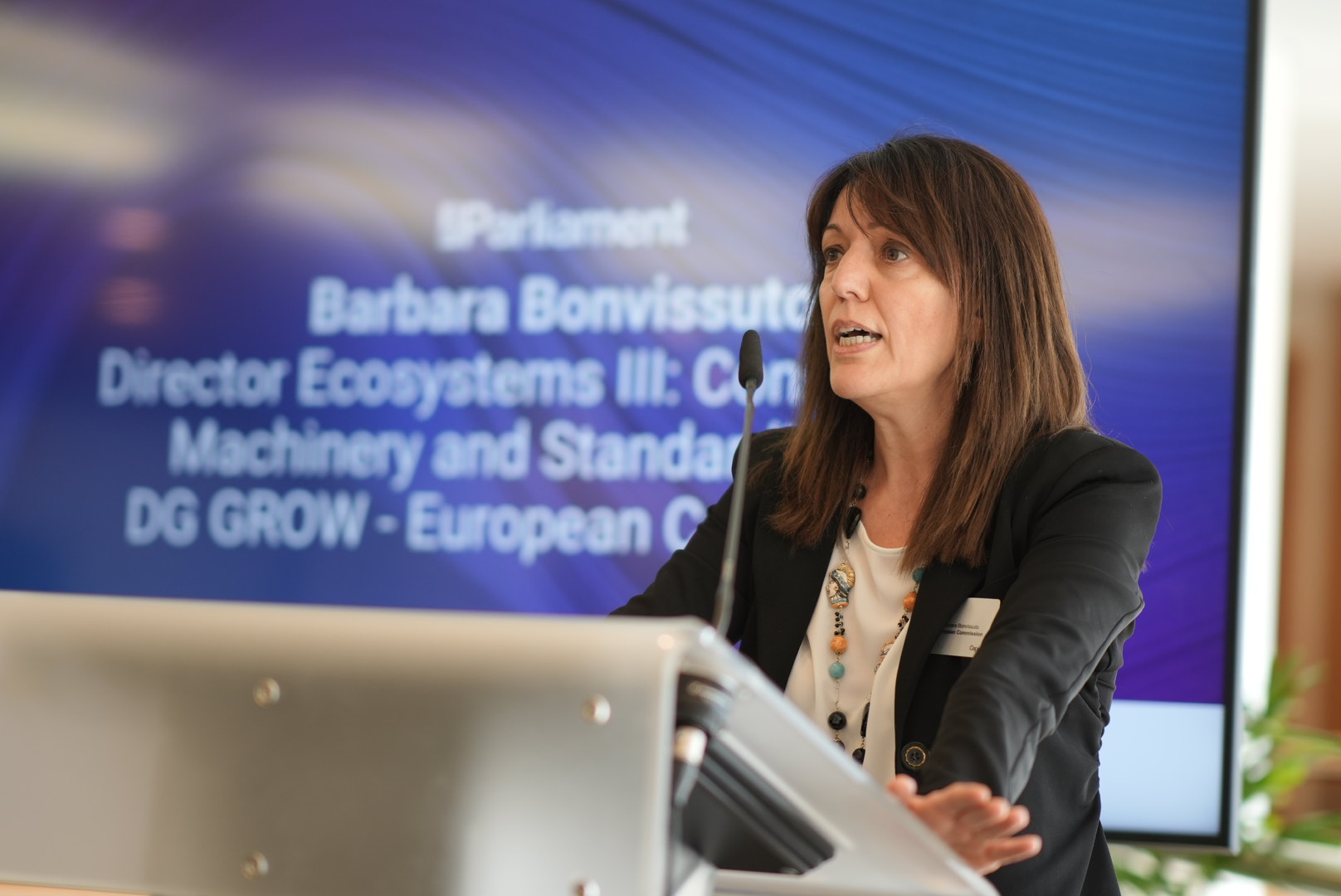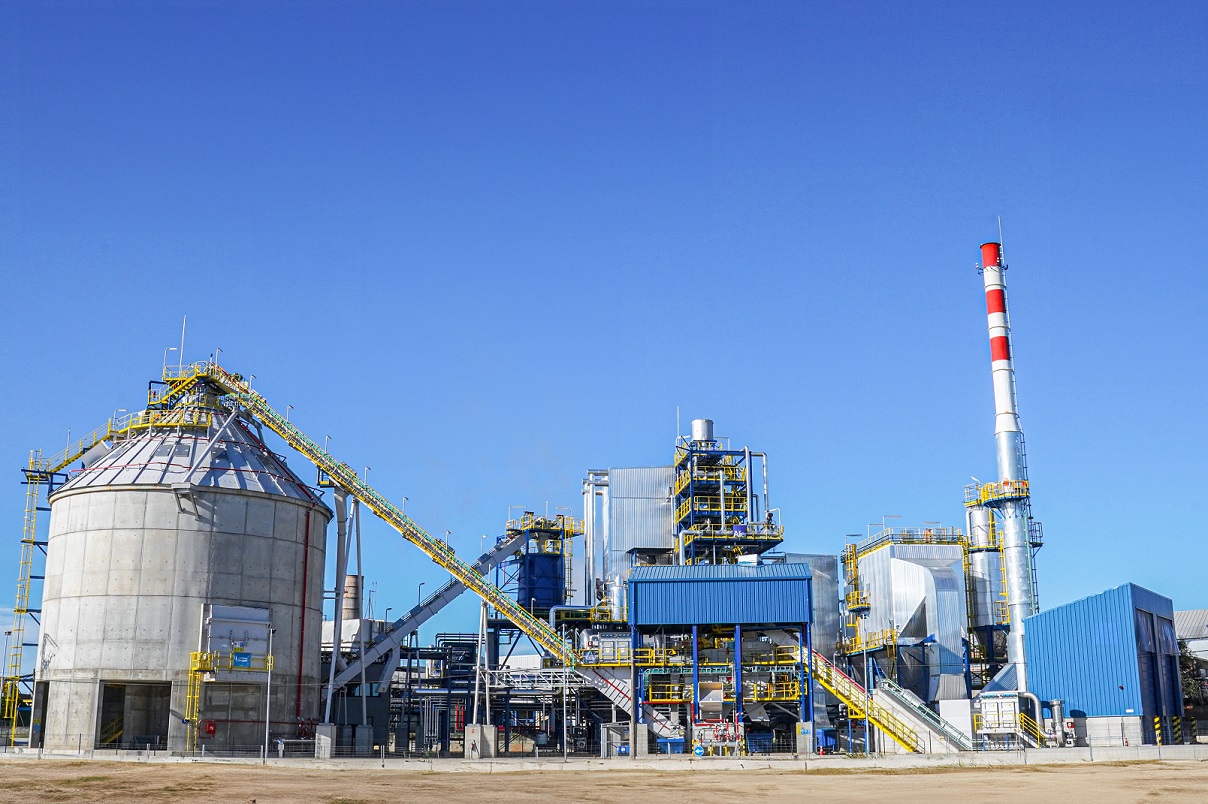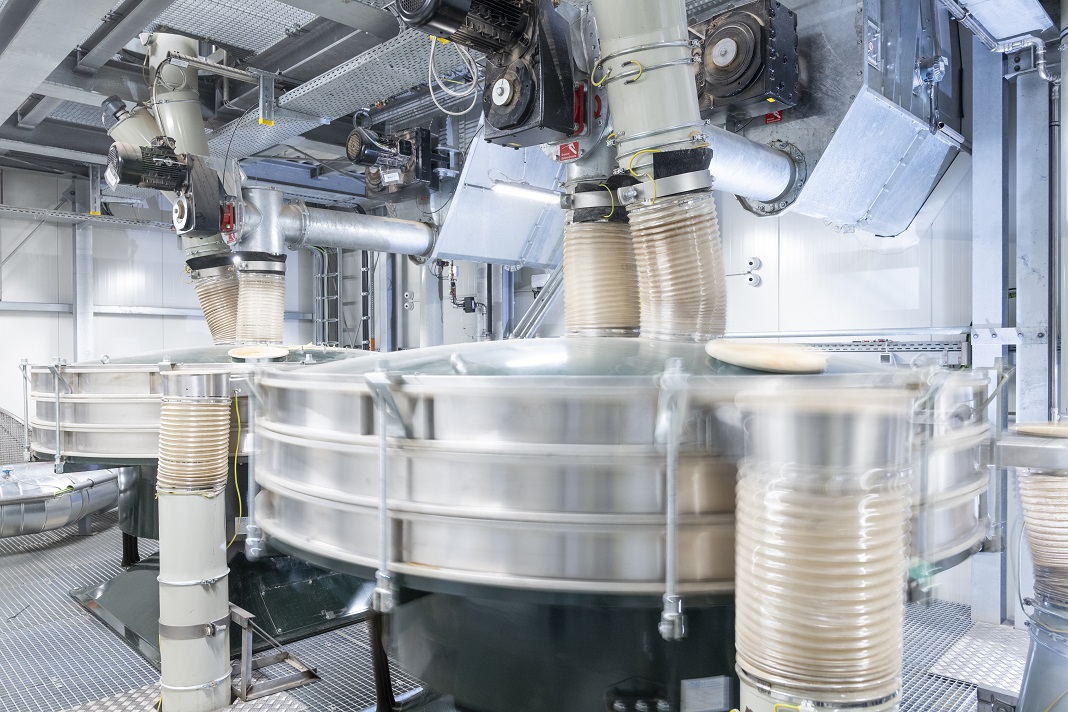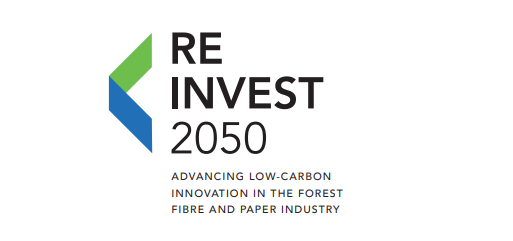Economic competitiveness and environmental sustainability do not have to be opposing forces that require one to be traded off against the other. The paper and forest fibre sector is showing that the path to decarbonisation can also be a path to energy resilience and business success.
At the launch of REINVEST2050, Cepi, the Confederation of European Paper Industries, presented 28 powerful case studies from 18 companies across eight countries. Each story details a project that has helped cut emissions, improve efficiency, or deploy renewable energy - sometimes all at once.
“These investment cases go far beyond emissions reduction,” Jori Ringman, Director General at Cepi, declared at the event. “They are about energy efficiency, resilience, innovation – and proving that transformation is not only possible but profitable and scalable.”
At the launch of the report in Brussels, the forest fibre and paper sector made a compelling case that with the right technologies, partnerships, and policy frameworks, industrial transformation is not only achievable – it is already underway.
That sense of rapid progress is reassuring for legislators who are focused on achieving European goals on climate, competitiveness, and energy security. MEP Andrea Wechsler, who hosted the event, welcomed the level of innovation that the paper industry is demonstrating and their capacity to help deliver on wider European objectives, notably a phase out of fossil energy and reaching Europe’s net zero emissions goal.
“These projects demonstrate concrete, forward-looking examples of how green transition and business competitiveness can go hand in hand”
Barbara Bonvissuto, DG GROW

“Sustainability and prosperity are not in conflict - they can reinforce each other,” the German MEP told guests. “And in times of geopolitical uncertainty, we must ask what do we want to make here in Europe? The answer must include circular, low-emission, bio-based materials like those this industry provides.”
MEP Wechsler’s point was echoed by the European Commission’s Barbara Bonvissuto who heads Industrial Transformation at the European Commission’s Directorate-General for Internal Market, Industry, Entrenreneurship and SMEs (DG GROW). She acknowledged the strong leadership the sector is showing in balancing economic growth and sustainability.
“These projects demonstrate that this industry is not only committed to decarbonisation but also highly innovative,” Bonvissuto said. “They offer concrete, forward-looking examples of how green transition and business competitiveness can go hand in hand.”
The solutions recognised and celebrated in REINVEST2050 are diverse but share key traits: they are technology-driven, collaborative, and scalable. Companies are electrifying heat production with large-scale heat pumps, investing in biomass boilers, and using waste to power their own operations. Some are even feeding surplus renewable energy back into the grid. Others are deploying demand-side flexibility solutions or redesigning processes to make full use of recycled fibre.
“The transition to a low-carbon economy is not something we are waiting for - it is happening now,” Jori Ringman said. “Decarbonisation is no longer a goal on paper. It is being implemented across Europe in real projects, by real companies, with real results.”
Harnessing Renewable Energy for Net-Zero Papermaking
ALIER has committed to industrial decarbonisation by replacing its natural gas-based plant with a state-of-the-art biomass boiler powered by 100% renewable forest biomass and supplemented with biogas from paper production waste. This €28 million investment - partially funded by a €6.2 million government grant – is now one of Spain’s most significant renewable thermal energy facilities.

“The implementation of the biomass plant is part of a set of initiatives carried out by ALIER in recent years that aim to achieve climate neutrality before 2030,” Elisabet Alier, President at ALIER explains. “We hope that our new biomass plant will serve as a success story that will enable other paper companies to implement this type of technology in their industries.”
The project achieves annual savings of up to 91,000 tonnes of CO₂ and significantly reduces fossil fuel dependency. Beyond environmental impact, it supports rural employment, boosts local economies, and strengthens the bioeconomy by converting waste into energy and products, accelerating ALIER’s goal of achieving net-zero emissions by 2030.
|
Decarbonising paper production
The Koehler Group has undertaken two major projects to reduce its carbon footprint and transition away from fossil fuels. At its Oberkirch mill, the company invested over €70 million to replace coal sourced from South Africa and Colombia with regional biomass, cutting 150,000 tonnes of CO₂ emissions annually. At the Greiz mill, Koehler invested €8 million to convert its power plant from lignite to fine wood dust, reducing emissions by 24,000 tonnes per year.
“The combined heat and power plant at the headquarters, at our Oberkirch mill had to be modernised,” says Hartmut Felsch, Mill Director at the Koehler mill. “In 2019, the decision was made to convert the power plant from hard coal to biomass. Coal combustion was stopped in June 2024, regular operation commenced in October 2024.”

Together, these projects save 174,000 tonnes of CO₂ annually, lower transport-related emissions, and reduce sulphur output. This combined €78 million investment reflects Koehler’s long-term strategy to expand renewable energy use and lead sustainable innovation in paper production. |
Turning Waste into Value
For over four decades, SCA and Adven have been turning waste into value. In Timrå, Sweden, SCA operates one of the world’s largest production facilities for bleached softwood sulphate pulp. This is an energy-intensive process that generates significant amounts of excess heat. Instead of letting this energy go to waste, it is now captured and converted into district heating, meeting nearly 90% of Timrå’s heating needs.
“The partnership results in an energy supply with very low emissions and minimal reliance on fossil fuels,” Jens Olsson, Technical Director at SCA said. “It provides Timrå with a very green and clean energy supply. The partnership has created a solution that benefits both industry and society.”
The project is saving 18,000 tonnes of CO₂ emissions each year by diverting residual heat that would otherwise be wasted to district heating that benefits over 800 households in the community.
Another plant operated by SCA in Gothenburg, Sweden is estimated to create an annual climate benefit of approximately 500,000 tonnes of carbon dioxide equivalents. Not an oil refinery but a biorefinery, the plant uses tall oil, supplied by several of SCA’s pulp mills, of which it is a by-product. This is one of many examples of how the pulp and paper industry strives towards a fossil-free world, and maximises the value of every part of a tree. |
Click here to read the full report

Sign up to The Parliament's weekly newsletter
Every Friday our editorial team goes behind the headlines to offer insight and analysis on the key stories driving the EU agenda. Subscribe for free here.